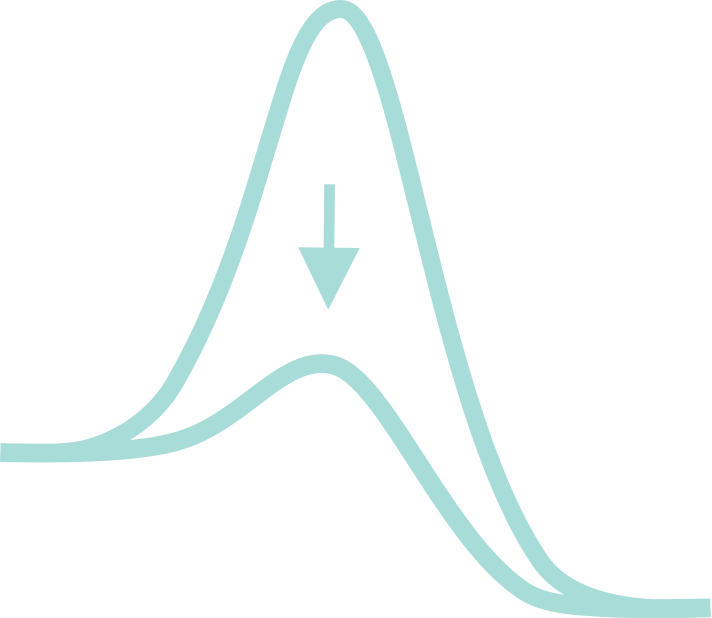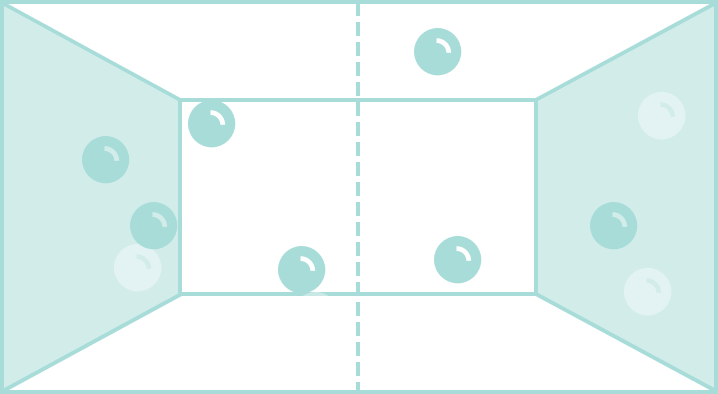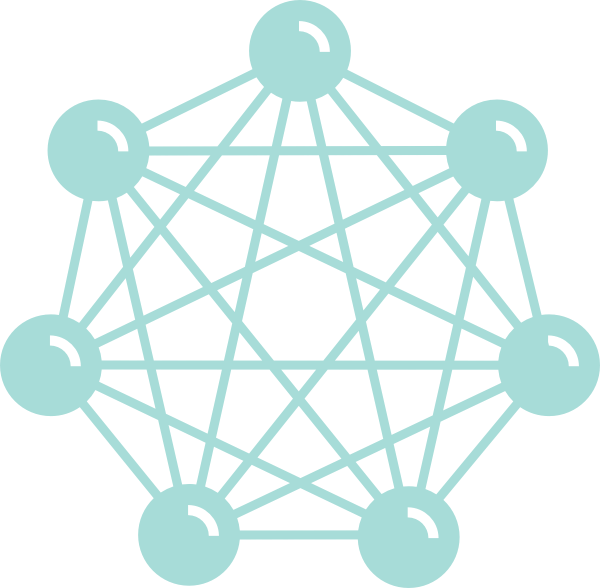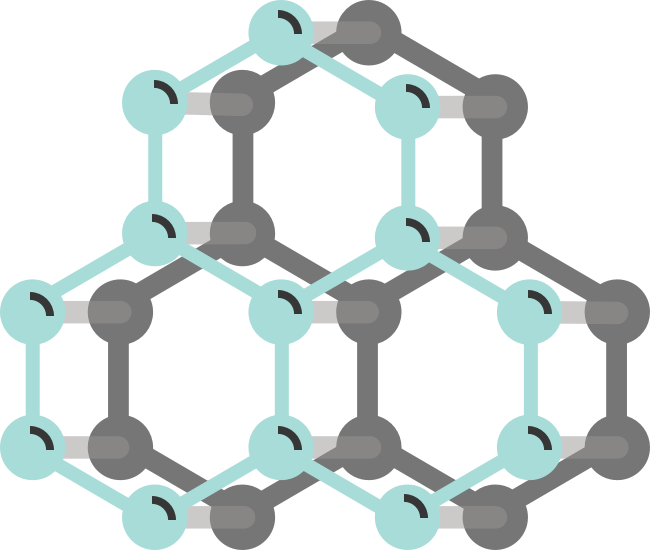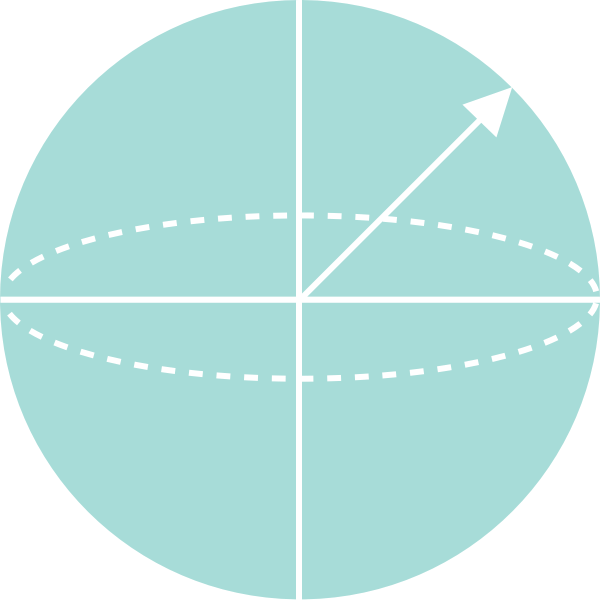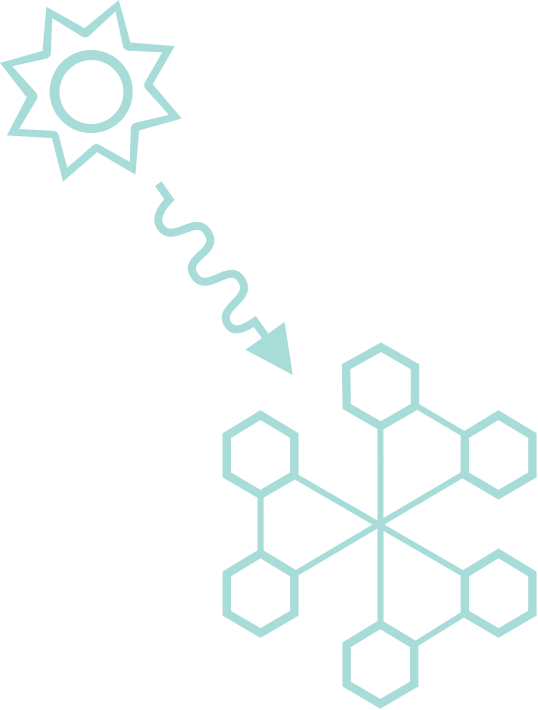
The Gagliardi Group addresses the most compelling challenges of our planet related to clean energy.
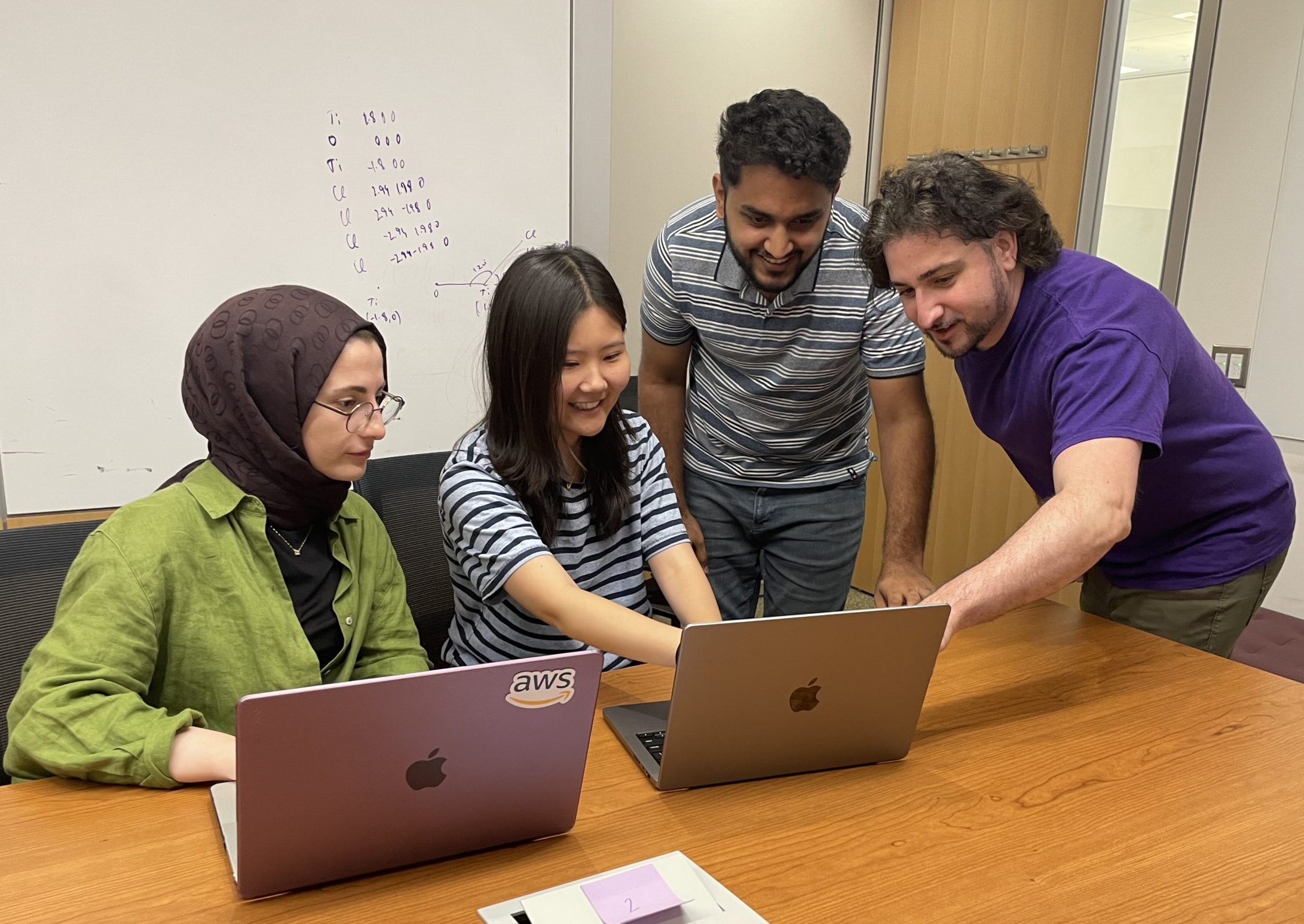
What We Do
We develop and employ advanced quantum and classical simulations as well as data science to discover and understand the next generation of chemical systems and materials: catalysts that are more sustainable, photovoltaics that are more efficient, and qubits that are more reliable.
News
We are delighted to welcome Melanie Burns as our new Research & Strategy Lead. In this role, Melanie will help advance our new and ongoing research initiatives, drive data sharing Continue reading Welcoming Melanie Burns as Research & Strategy Lead
We are excited to welcome Tim Strang to the Gagliardi Group. Tim earned a B.A. in Physics and Mathematics from Dartmouth College in 2022, where he conducted research on machine Continue reading Welcoming Tim Strang to the Gagliardi Group
Joanna Wang, a Ph.D. student in the Gagliardi Group, was recognized at the 2025 Chicago Quantum Summit for her outstanding research in quantum computing. She received second-place honors in the Continue reading Congratulations to Joanna Wang, Recognized at 2025 Chicago Quantum Summit
